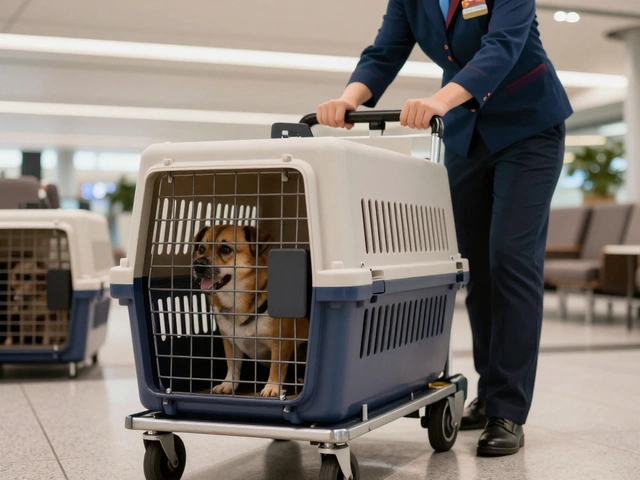Animal Rights: Essential Tips for Every Pet Owner
When you bring a dog or cat home, you’re not just getting a cute companion—you’re taking on a responsibility to respect their rights. It might sound formal, but it’s really about treating your furry friend the way you’d want to be treated: with kindness, safety, and honesty.
First off, animal rights start with basic needs: food, water, shelter, and medical care. If you’re already feeding your pet, make sure the food matches their age and health. Fresh water should be available at all times, and a comfortable place to rest isn’t a luxury—it’s a right.
Understanding Basic Animal Rights
Animals have the right to live without unnecessary pain. That means choosing vet-approved treatments, not applying harsh punishments, and avoiding products that cause suffering. For example, shock collars might seem effective, but many trainers recommend positive reinforcement instead because it respects the dog’s emotional wellbeing.
Another key right is the freedom to express natural behaviors. Dogs need regular walks, sniffing, and social interaction. Cats need safe climbing spots and opportunities to scratch. If a pet is confined all day without enrichment, it’s a breach of their right to mental stimulation.
Practical Steps for Ethical Pet Care
Here are easy actions you can start today:
- Pick a vet you trust and schedule routine check‑ups. Prevention beats emergency care.
- Choose toys and chews that are safe and vet‑approved. Avoid tiny parts that could be swallowed.
- Give your pet regular exercise. A tired dog is a happy dog, and a cat that can climb is less likely to get bored.
- Monitor your pet’s diet. If you’re mixing wet and dry food, do it in proper ratios to avoid digestive upset.
- Support animal‑friendly brands. When you buy pet supplies, look for companies that test cruelty‑free and source responsibly.
Even small choices add up. Choosing a pet‑friendly airline that allows cabin travel can reduce stress on a dog during a flight. If cargo is the only option, research the airline’s safety record and follow the prep checklist.
Finally, think about the broader impact. Talking about animal rights with friends, supporting local shelters, or volunteering for adoption events spreads the message that every animal deserves respect.
Respecting animal rights isn’t a chore—it’s part of being a good pet parent. By meeting basic needs, avoiding cruelty, and giving your pet space to be themselves, you’re building a bond that lasts a lifetime. Keep it simple, stay informed, and enjoy the wagging tail or gentle purr that comes with treating your pet right.

Exposing the Worst States for Puppy Mills: A Dog Lover's Guide
Exploring the dismal world of puppy mills is crucial for dog lovers seeking to make informed decisions about bringing home a furry friend. Some states in the U.S. have gained notoriety for harboring these unethical breeding practices. This article delves into the states where puppy mills are most prevalent, providing valuable insights and tips for identifying responsible dog breeding practices. By understanding these issues, travelers can better plan dog-friendly holidays while supporting ethical breeders.
read more



